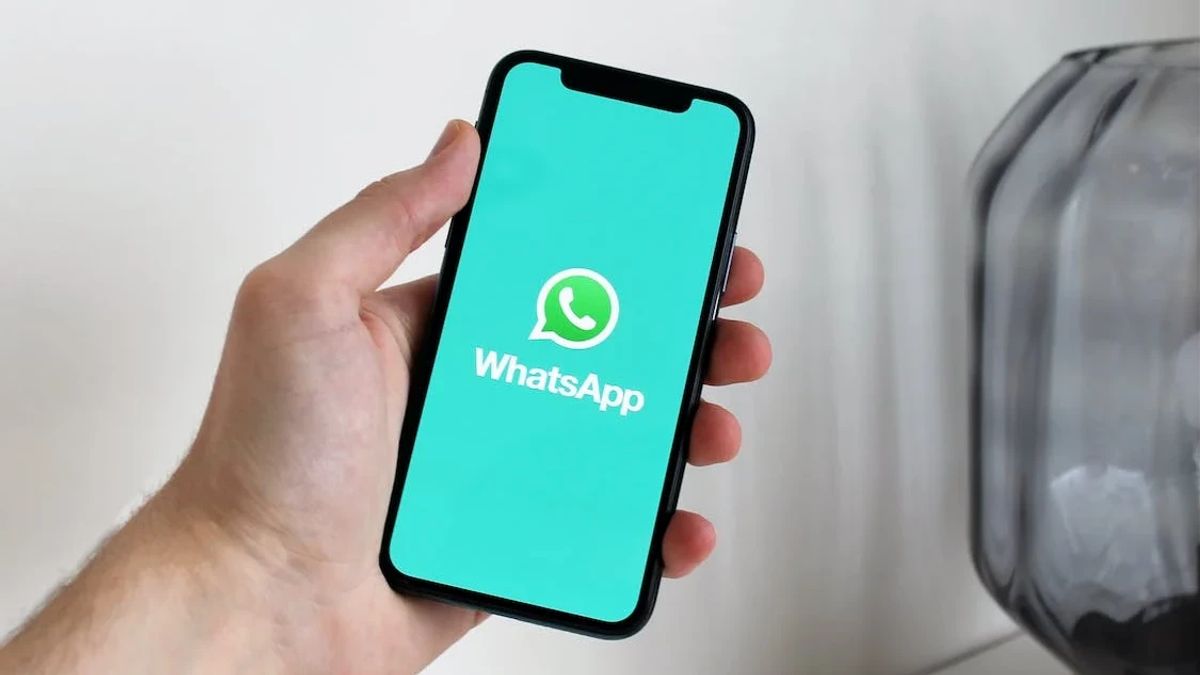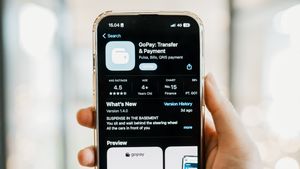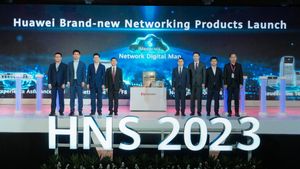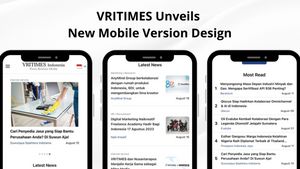Mark Zuckerberg has recently criticized Apple for how Apple can run the VR app ecosystem, but now it seems he has chosen different targets. On Monday, August 14th he posted a WhatsApp ad image on Instagram, along with comments about how the platform is safer than iMessage. Will Cathcart, head of WhatsApp, also posted a series of tweets on Twitter with similar points of conversation.
The ad, displayed on the Pennsylvania Station in New York City, is relatively simple, underestimates the differences in green/blue bubbles and encourages users to use WhatsApp to be able to send messages privately with end-to-end encryption.
However, in his post, Zuckerberg was more assertive, saying that WhatsApp is "much more private and secure than iMessage, with end-to-end encryption working on both iPhones and Androids, including group chats." He also highlighted several features, such as missing chats and end-to-end encrypted backups, which are owned by WhatsApp and not owned by iMessage.
Meta is not the only company that has any trouble with Apple regarding iMessage. Google has encouraged Apple to adopt RCS, SMS's successor, in its Messages app. To date, Apple doesn't seem to have any plans to do so, as CEO Tim Cook advises users to buy iPhones for people who want to communicate with them. Even so, it is likely that his attitude could change if WhatsApp became a significant competitor in the United States.
This privacy advertising campaign is a big boost for Meta. Meta spokesperson Vispi Bhopti told The Verge the ad "will appear on television, digital, outdoor, and social media across the United States," and ikla will also appear in New York, San Francisco, and Los Angeles.
Earlier this year, the company confirmed its desire to develop a WhatsApp user base in the US; despite having 2 billion users worldwide, WhatsApp is not a standard messaging service in America. Comparing WhatsApp to something familiar to people seems to be a good approach, in theory.
Meta has previously marketed WhatsApp based on privacy and security; earlier this year, they posted an ad comparing SMS messaging by using a postal service that opens your letters and packets. The fact that iMessage is back to SMS and cannot be used to send secure messages to people using Android phones is legitimate criticism of ads focusing on privacy from Apple on iPhones.
It also doesn't help that you're using the same Messages app to send secure and unsafe messages, something Signal recently announced it would be discontinued because it's confusing.
Zuckerberg is also right that iMessage doesn't have a missing message (although iOS 16 introduces the ability to take back messages up to two minutes after you send them, assuming people you talk to have the latest software), and also backups are not end-to-end encrypted.
As privacy experts have reminded, this last point means that law enforcement agencies can actually access your iMessage history if they have a warrant or mandate, as long as you or the person you are talking to have an active Messages in iCloud.
Of course, perceptions are very important in advertising, and Meta has a poor reputation when it comes to talking about privacy. Under Zuckerberg's posts and the Doubt Delivered video, there are some comments asking why one would believe in WhatsApp: "It looks like WhatsApp will do the same. It's owned by Facebook local," said one user in an ad about the opening of a letter by a postal operator.
Another user responded to the Penn Station ad by telling Zuckerberg that "I am happy as long as all my data is shared with your advertisers."
SEE ALSO:
WhatsApp seems solid in terms of technical privacy, but Meta has a big challenge in PR, especially when competing with companies that carry the slogan "what happens on your iPhone, stay on your iPhone".
The comment "distributing data with advertisers" shows how people's perceptions of Meta don't always reflect their business model that keeps your data for itself and sells its ability to target users with ads.
Despite the controversy surrounding privacy, the comparison made by Meta between WhatsApp and iMessage in this advertising campaign is a strategic step to strengthen WhatsApp's security and privacy image. Although competition between technology companies continues, the use of end-to-end encryption and other features offered by WhatsApp does provide an alternative for users who care more about privacy in sending messages.
The English, Chinese, Japanese, Arabic, and French versions are automatically generated by the AI. So there may still be inaccuracies in translating, please always see Indonesian as our main language. (system supported by DigitalSiber.id)













